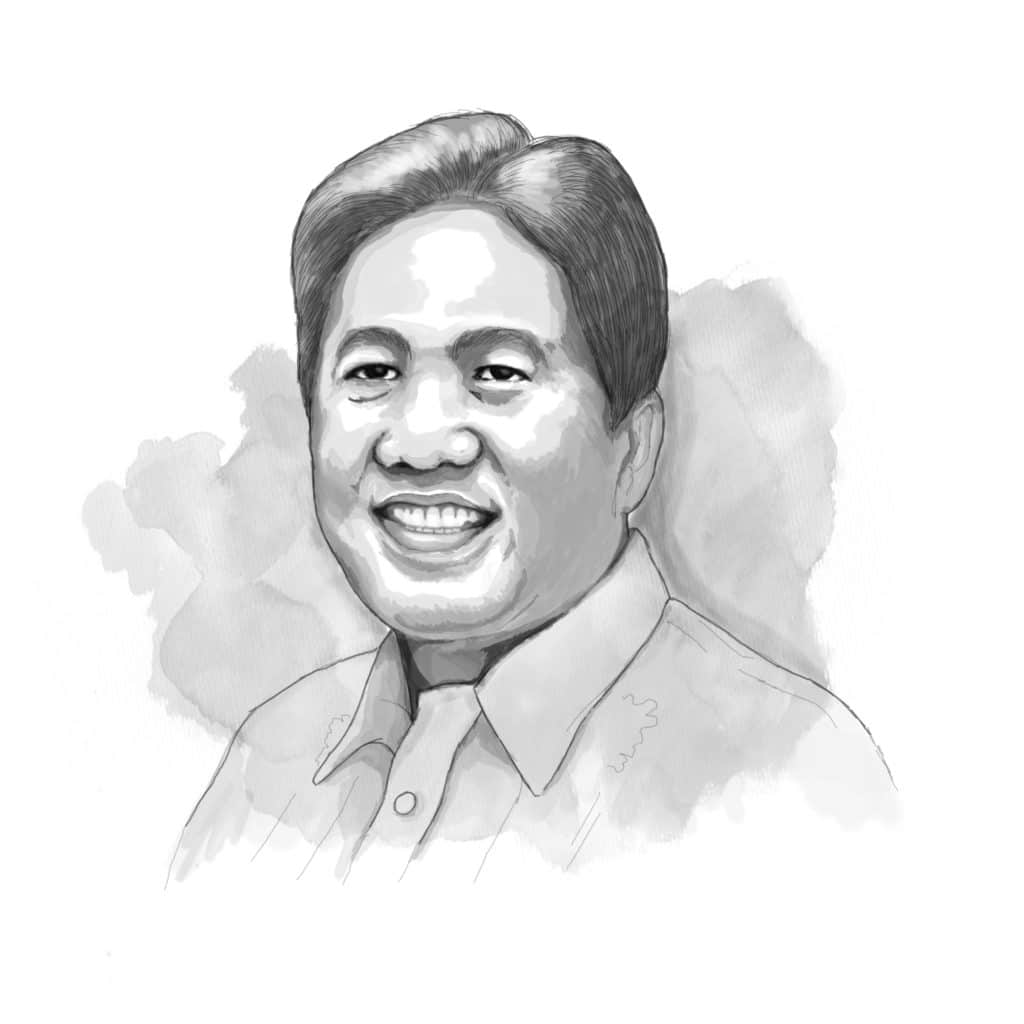ENDEAVOR

What if, instead of a Chief Human Resource Officer (CHRO), organizations would have, instead, a Chief Spirituality Officer (CSO)?
This was the question posed to participants in the 60th People Management Association of the Philippines (PMAP) annual conference which is currently being held in Cebu City. The question was posed by Jun Villacorta Cabochan, managing director of Pandayan Bookshop and co-convenor of the Diwa-Kapwa Community.
He espoused three main themes. First, workplace spirituality is anchored on human connections that are caring and creative. Second, spirituality can be expressed through the concepts of Diwa and Kapwa. Third, spirituality can lead to attainment of inspired, performance-beating targets.
The tasks of a CSO are best understood in two contexts: Spirituality of Human Connections and Spirituality in the Workplace. A CSO enables inspiring performance – not just effective performance – by facilitating connections that involve a high degree of caring, meaning, and creativity.
Jun cited Brené Brown’s concept of spirituality in her book, The Gifts of Imperfection, published in 2010: “Spirituality is recognizing and celebrating that we are all inextricably connected to each other by a power greater than all of us and that our connection to that power and to one another is grounded in love and compassion.”
In the book Diwa that I published in 2017, I wrote about spirit-led organizations that charted pathways to excellence by being rooted in faith and actualizing people-centered values and norms that, in my view, embodied the Filipino management ethos.
My esteemed colleague Jun Cabochan’s advocacy of spirituality is deeply embedded in his experience as founder-owner-CEO of Pandayan Bookshop. Founded in 1993, Pandayan is a 40-store chain of bookshops across Central Luzon, Cagayan Valley, Calabarzon, and northern Metro Manila.
As the world witnesses the Israel-Hamas conflagration, Jun cites the stellar example of spiritual courage demonstrated by 33-year old Angelyn Peralta Aguirre, a nurse from Alaminos, Pangasinan who was caring for her elderly patient, Nira, on Kibbutz Kfar, Gaza. Despite having a chance to flee the Hamas terror attacks, Angelyn showed unbelievable humanity and loyalty by remaining at Nira’s side during the violence, resulting in both of them being brutally murdered by Hamas.
This leads him to declare that the dream workforce of today would be one that is anchored on spiritually-enhanced virtues, including: courage, dedication, caring, accountability – a nation of Angelyns. “In a Spirit-led organization,” he says, “spirituality drives the workers' will to succeed. Spirit is a felt reality.”
Just as profit-driven corporations strive to increase their financial capital to sustain long-term vitality, Spirit-led organizations aim to increase their spiritual capital. They cultivate virtuous behavior such as respect and caring for others; their virtuous interactions enhance organizational effectiveness. Five Cs come to the fore: communication, cooperation, coordination, collaboration, co-creation.
Since 2017, when we showcased PMAP Employer of the Year awardees in the book KAPWA, we have come across many other outstanding Filipino organizations that demonstrate the power of the Diwa-Kapwa management ethos. Among these are Bangko Kabayan, Mary Grace, and Piandré. Globe Telecom has also rolled out a wholistic program that calls on all members of the organization “to connect with others.”
In Pamantasan ng Pandayan, Jun shares, teaching human connection is based on a core curriculum, Kultura ng Tagumpay that literally translates into culture of victory, or could be nuanced into culture of excellence. Using a simplified input-throughput-output diagram, the inputs are people, money, buildings, machines, and nature. The throughput is characterized as a transforming process that is animated by Kapwa: pagpapakatao (being human); pakikipagkapwa-tao (being humanity-, or people-centered), and pagka-makatao (being humane). The outcomes are meaningful lives of the people in the organization.
Here's where the notion of Chief Spirituality Officer enters. In traditional management, the focus is on the ideal output: maximum profits from maximized production. That is the Chief Executive Officer’s objective, in concert with the Chief Finance Officer. In the Spirit-Led organization, the goal is to edify or elevate the nobility of each individual. When these individuals connect and bond with each other through shared values that drive their day-to-day interaction and behavior, its humane and humanistic goals are attained.
Jun has translated Diwa-Kapwa into a five-pronged Workplace System in which the desired outcomes mirrors the people’s cherished aspirations, namely: good pay, fair treatment, meaningful work, happy workplace, and a bright future. Another tangible D-K outcome is the fulfillment of Pabahay; it is a cherished dream of every Filipino worker to provide a decent family shelter. Ultimately, Diwa-Kapwa envisions the melding or fusion of work goals with life goals.
Pandayan’s Diwa-Kapwa ethos was actualized during the Covid-19 pandemic. Despite government-enforced quarantine that kept most of its people home, Pandayan sustained its people by paying their regular wages and salaries. Kapwa Panday – that’s how members of the workforce call themselves – assembled more than 75,000 face shields and distributed these for free at the onset of the pandemic during which fear of the contagion was rampant and paralyzed the populace in collective inertia and fear.
Pandayan has branched out to the community, conducting art workshops and gathering children and youth in pep talks. Alyansa sa Edukasyon reflects Pandayan’s immersion in the schools, through active participation in the annual Brigada Eskwela cleanup drive and launching micro-projects on livelihood and small-scale entrepreneurship in partnership with suppliers.
In sum, the Chief Spiritual Officer satisfies the hunger for community in the workplace “in ways that preserve individual dignity, opportunity for all, and mutual support.”